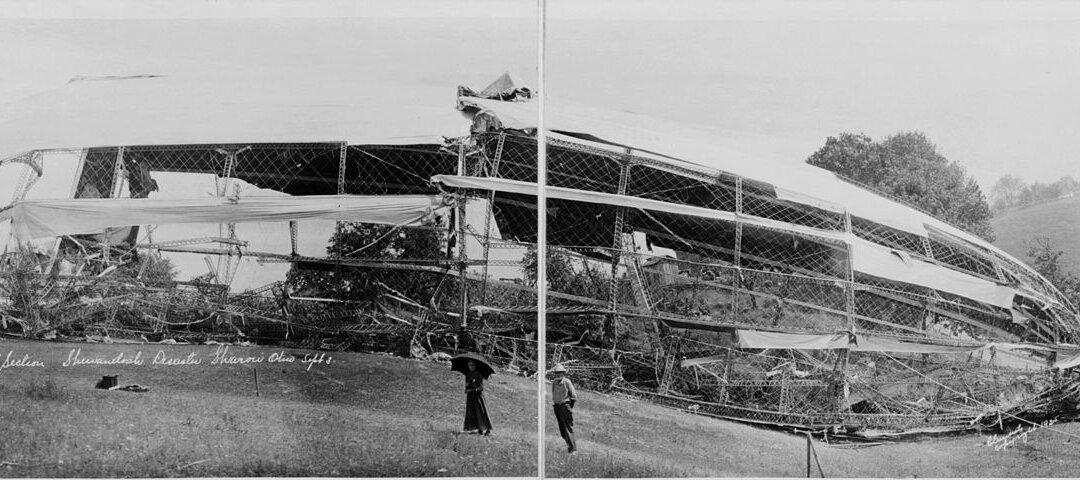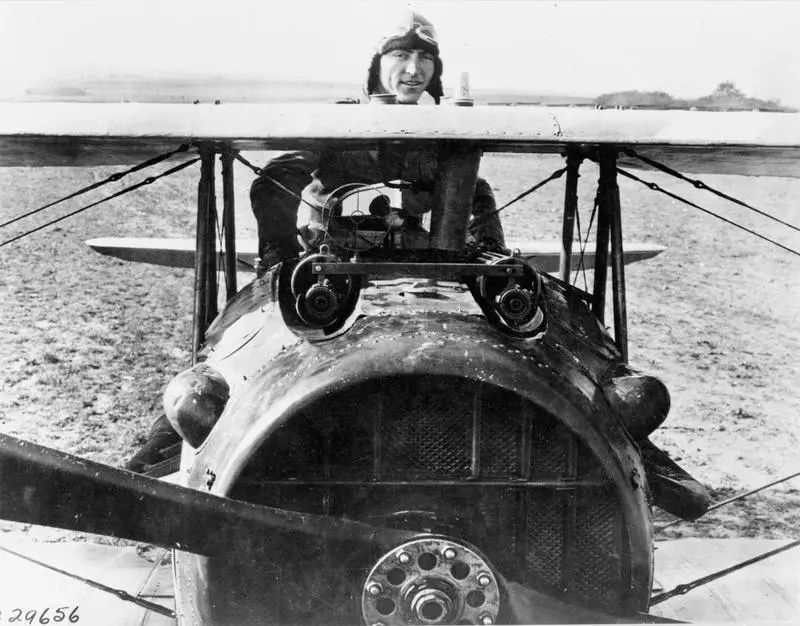Shortly after noon on July 21, 1921, bombs from American aircraft exploded beside the former German battleship, Ostfriesland, already damaged by several previous bombing runs. Within half an hour, the enormous ship began sinking by the stern, rolled over, and soon slipped beneath the waters of the Chesapeake Bay.
Observers on the nearby U.S.S. Henderson could scarcely believe what they’d seen. For the first time in history, aircraft had sunk a battleship. Historian Roger G. Miller relates that some of the naval officers present, perhaps realizing what this event meant for the future of naval warfare, had tears in their eyes.






